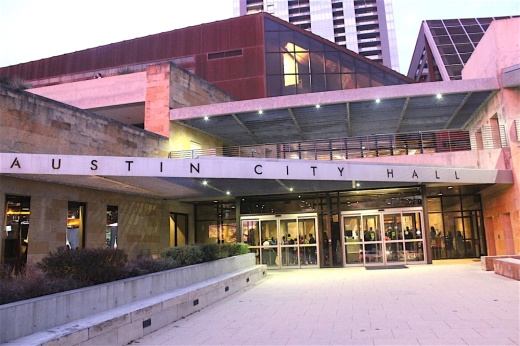As a part of the Project Connect package, voters approved $300 million in funding for anti-displacement efforts that aim to limit the rising housing costs that tend to follow significant public transit improvements. The $23 million approved in February will be the first step in using those funds.
During the meeting, Travis Perlman, a housing and planning department project coordinator with the city, presented two approaches for how the city might use the anti-displacement dollars. One program, geared at protecting existing affordable housing, would target the purchase of a larger development with between 100 to 300 units by the end of 2022.
“The larger development allows us to get the economies of scale to drive our subsidy per unit down to what we're typically seeing for affordable housing programs,” Perlman said. “[It] essentially allows us to extend our limited dollars as far as we can.”
The second program, known as the Project Connect Anti-Displacement Community Acquisition Program, or ADCAP, would provide 0% interest forgivable and non-forgivable loans to nonprofits with experience in affordable housing in Austin. That plan is aimed at acquiring vacant properties in gentrifying areas within 1 mile of a proposed bus or rail line, according to city documents.
Perlman said considering that the program is new, the city plans to quickly adapt based on feedback.
“We anticipate doing comprehensive reviews, probably multiple times over the first year that we implement this program, to review lessons learned from user feedback,” Perlman said. “Probably about six months out, and certainly a year out, we'll probably do a comprehensive review and revision of this program’s guidelines.”
Staff said guidelines for the ADCAP would finalize by December, and the program would launch by January 2022.





